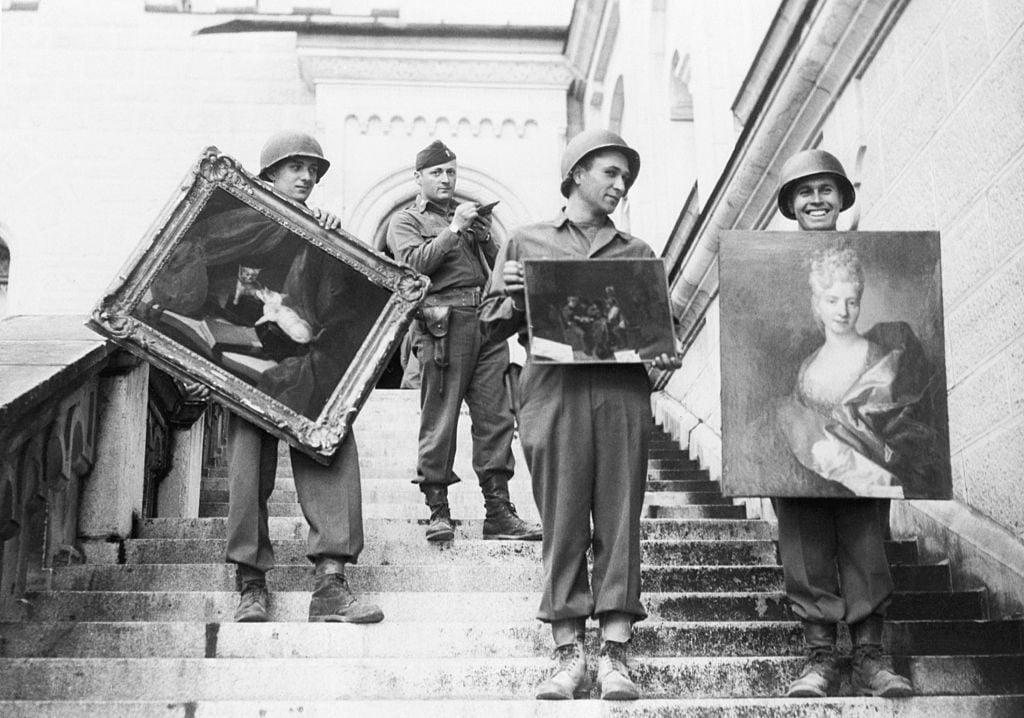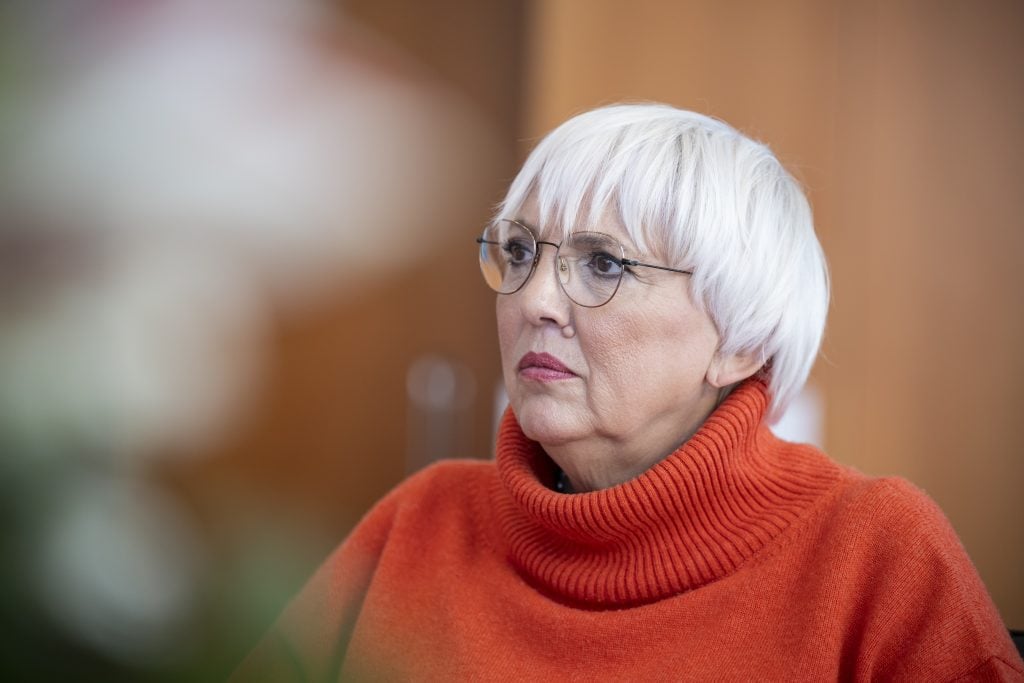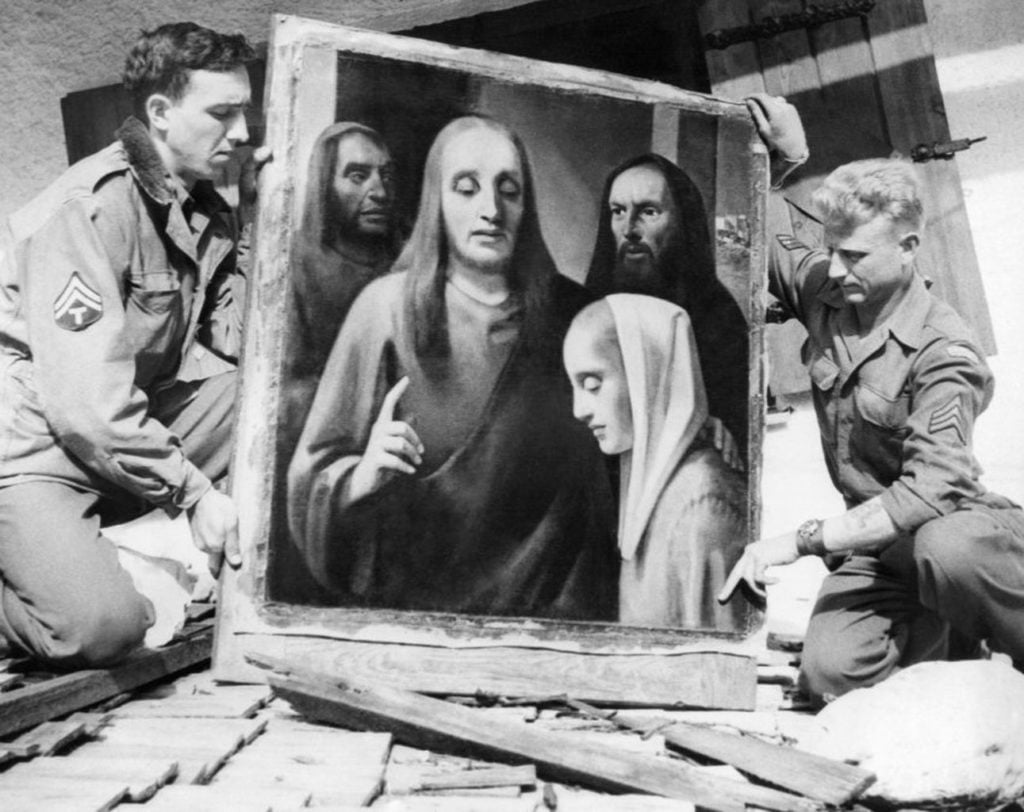Law & Politics
Germany Greenlights Controversial Plan for Restituting Nazi-Looted Art
The changes would purportedly allow claimants to seek arbitration for the recovery of looted art without the consent of the current owners.

The changes would purportedly allow claimants to seek arbitration for the recovery of looted art without the consent of the current owners.

Adam Schrader

Germany’s Federal Cabinet has approved a plan to reform the processes for returning Nazi-looted art, including the establishment of a special arbitration court for handling such issues.
The decision was announced in a statement from Claudia Roth, Germany’s minister of state for culture, who said the decision was the result of “intensive and constructive” cooperation between Germany’s federal and local governments as well as the Central Council of Jews and the Jewish Claims Conference.
Roth, in her statement, said the involvement of the two independent Jewish organizations—which seek damages for survivors of the Holocaust—was “very important” to reforming the processes.

Germany’s culture minister Claudia Roth. Photo: Hannes Albert/dpa via Getty Images
Germany is one of the 44 nations that have signed the 1998 Washington Principles on Nazi-Confiscated Art, which seeks a “just and fair solution” to the return of such art.
But, in Germany, both the current owner of any artwork and a party claiming to be the proper owner have to consent to arbitration. And previously, an advisory committee has heard disputes, though its decisions were non-binding.
Now, the claimant victims of Nazi looting can make a direct appeal to the newly established arbitration court, without requiring the consent to arbitration by the current owners of the artworks.
“With arbitration, fair and just solutions in line with the Washington Principles will be easier to achieve. We are making the return of Nazi-looted property easier, particularly through the unilateral appeal, which will now also apply in Germany,” Roth said.

American troops unpack art confiscated from the Nazis, including this Johannes Vermeer forgery. Photo courtesy the Institute of Museum Ethics.
However, a group led by the Switzerland-based lawyer Olaf Ossmann and German historian Willi Korte called the new system a “slap in the face” to affected families in an open letter to Chancellor Olaf Scholz, as reported by French newswire AFP.
The group said the new arbitration process had “never been publicly discussed” and called on the government to pause the reform, stating that the planned arbitration proceedings still could only be invoked with the consent of the current owners.
The critics fear that the processes might actually make the situation worse by allegedly excluding “entire groups of victims” and limit the right of restitution for others. They urged Scholz to postpone reviewing the proposal until after Germany’s national election on Feburary 23, allowing the election winner to make the decision.